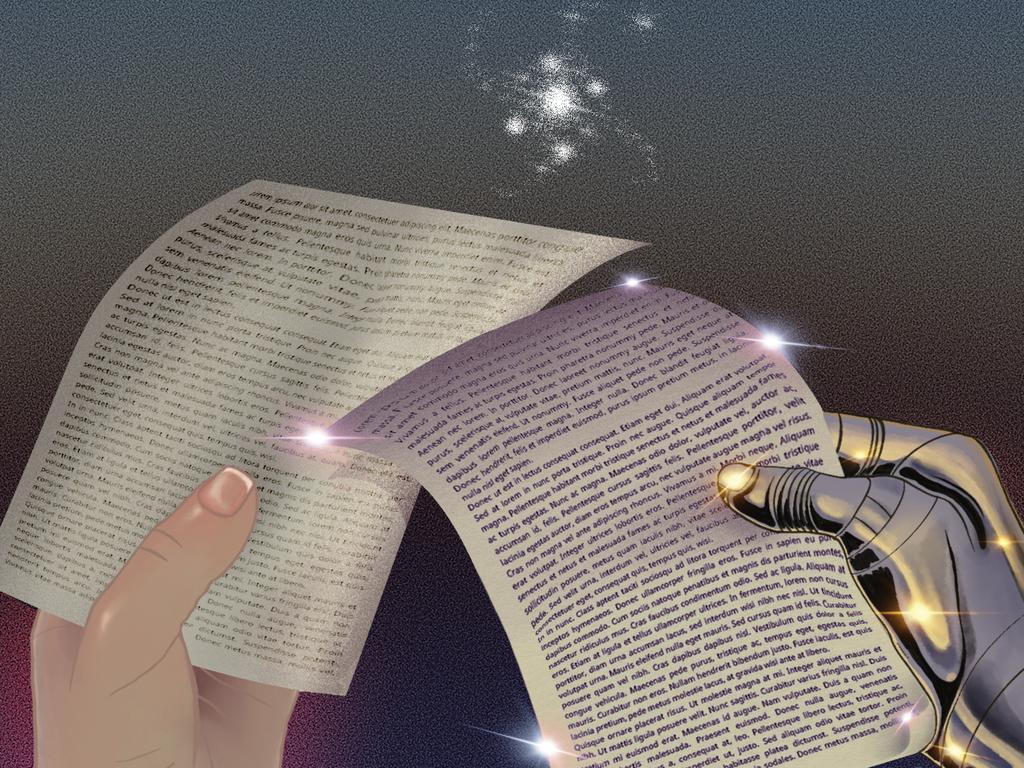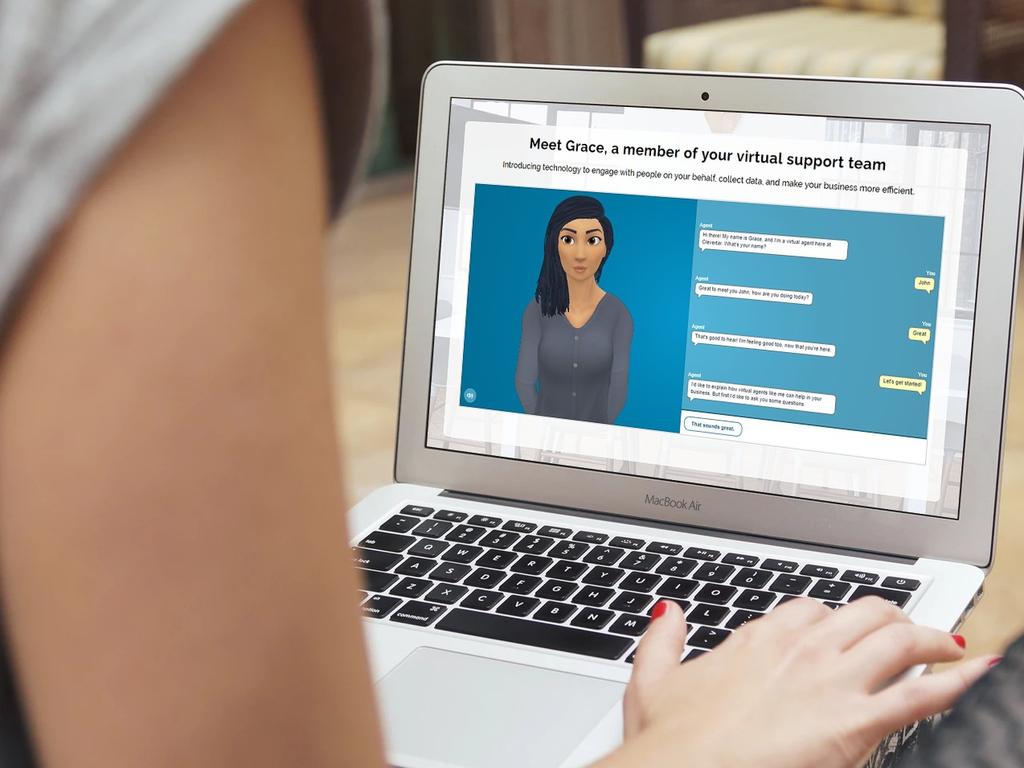Cheat-bots ‘rampant in our schools’, AI experts say
Teachers are using chatbots to generate erroneous lesson plans and script difficult conversations with parents, experts in artificial intelligence say.

Teachers are using chatbots to generate erroneous lesson plans and script difficult conversations with parents, experts in artificial intelligence say.
A group of eminent computer scientists, education and legal academics has demanded stringent quality controls over the use of AI in schools, despite teachers and students embracing the “cheatbot’’ technology to write lesson plans and complete homework.
James Curran, a computer scientist who helped write the digital technologies subject in the national curriculum, said too many teachers “have a complete misunderstanding of how this technology works’’.
He said teachers were using ChatGPT – a chatbot that uses information harvested from the internet to swiftly write credible-sounding text – to write lesson plans based on the curriculum.
However, ChatGPT sometimes churned out the wrong information, which was then taught to students.
“Unfortunately, in many cases, the lesson plans that come out, especially for subjects like digital technologies, are incorrect,’’ Dr Curran told a federal parliamentary inquiry into AI in education in Canberra on Wednesday.
“We’ve got a situation where the vast majority of our teachers are individually reinventing the wheel every night and every weekend, trying to find resources and activities.
“As a result, they’re turning to ChatGPT, putting in a content descriptor from the Australian curriculum and saying ‘Write me a lesson plan for this’ because we never gave them a lesson plan in the first place.’’
Dr Curran, chief executive of edtech charity Grok Academy and director of the National Computer Science School, said teachers at a recent workshop used ChatGTP to prepare a classroom activity for a digital technologies lesson. “It actually came up with an activity that was unrelated to that particular content description,’’ he said.
“Mostly teachers would not have the expertise to necessarily be able to tell that was the case.
“If we’d had some quality resources across the whole curriculum … then there will be fewer times when a teacher would be going to Chat GPT for some of their planning purposes.’’
Dr Curran said half the teachers at one of his recent workshops had detectedstudents cheating by using ChatGPT to do their homework and assignments, despite a ban on its use in public schools in every state except South Australia.
“Over 50 per cent of them said they had already seen assignments that they had a high degree of confidence were generated by AI, and their school did not have processes and policies in place to deal with it,’’ he said.
“If there’s one child using generative (AI) models, it’s highly likely the entire class is because, of course, they talk to each other.
“If a child has Snapchat on their phone, they’ve got it in front of them whenever they want it.’’
Dr Curran said plagiarism detectors did not always work to detect the use of AI. “The technology fundamentally does not allow that in a deep way,’’ he said. “Anyone … selling you technology that says it can is off-track.’’
His experiments with an HSC exam found that the latest paid version of ChatGPT, which costs $240 a year, could answer 78 per cent of multiple choice questions correctly, compared to 48 per cent when using the free version. “So if you want to pay $240 a year as a parent, that’s giving you at least a 30 per cent bump in … results.’’
Leslie Loble, a University of Technology Sydney industry professor, said the cost of buying ChatGPT for a school of 1000 students would equal the salaries of three teachers.
She said teachers “have grabbed ChatGTP” to write lesson plans, design homework tasks and even to prepare for parent-teacher interviews. “They’ll say, ‘I’ve got a difficult conversation coming up with a parent, and a child acting out, can you make some suggestions for me?’ ’’ she said.
“There are so many ways they are using it.’’








To join the conversation, please log in. Don't have an account? Register
Join the conversation, you are commenting as Logout